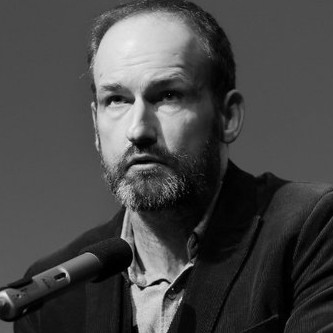Ronaldo’s World Cup Showdown in Morocco

I once cried because I had no shoes to play soccer, but one day, I met a man who had no feet. Zinedine Zidane
The Qatar World Cup has confounded many of its critics with the pulsating drama it has served up on the pitch.
We have witnessed the quite astonishing story of Morocco’s success, a team that went into the tournament as 300/1 outsiders; we have enjoyed the wonderful performances of Gareth Southgate’s England team, a multiracial and multicultural monument to modern Britain in defiance of Brexit; we’ve seen the early exit of the Germans; the shocking upset that saw Brazil knocked out by Croatia in the quarter-finals; and perhaps most of dramatically of all to this point, we have borne witness to the tragic sight of Portuguese legend Cristiano Ronaldo walking down the tunnel in tears, inconsolable after his team were knocked out by the previously mentioned Morocco to end Ronaldo’s international career without adding a World Cup winners medal to his extensive collection.
Taken together, we have been treated to more drama than the entire works of Shakespeare over these past few weeks of the Qatar World Cup.
Okay, I exaggerate, but hopefully you get the drift. The point is that regardless of the many justified criticisms of the tournament being held in Qatar given the malign treatment there of migrant workers, women, and the absence of any respect for or rights when it comes to the LGBT community, football has again succeeded in bringing people of widely divergent cultures together in a carnival of goodwill, excitement and joyous celebration.

No other sport has the ability to do this, with the World Cup again doing more to foment understanding and human connectedness than the United Nations, even on a good day.
Joy and ecstasy has been experienced alongside despair and despondency, providing hope, disappointment, and surprise in abundance. To watch the Moroccan players celebrate with their fans after defeating Portugal, watching them get to their knees and give thanks to Allah, was to witness football history being made with the passage for the first time of an African nation into the last four of the tournament, where they will face current champions, France.
The oft-repeated claim that sports and politics do not mix was exposed as eminently false when the US and Iran faced one another in the group stage. With the current unrest taking place in the latter country and the role of the former country in the suffering of the people of the latter over many years, this was more than just a game of football. Similarly, when the Saudis did the unthinkable and defeated the Argentina of Lionel Messi and Diego Maradona, the national celebrations went on for days.

If politics really is war by other means, then football is love by all means. The hopes and dreams of entire nations are projected onto eleven players as they take to the pitch, carrying with them entire histories, tragedies, victories and national identities. Yes, but at certain point in the World Cup — the point at which this tournament has arrived now — any lingering national chauvinism and antipathy towards other competing nations, gives way to the kind of internationalism that a world suffering for the lack is in desperate need of.
This internationalism is a by-product of the fans mingling, sharing songs, hugs, and stories outside the stadiums and in the street — in the process, for just a few short weeks, putting to bed the welter of national stereotypes proffered by politicians back home in the interests of elites for whom football’s collective ethos, its universal language, is a threat rather than anything to celebrate.

Ronaldo’s tears were those of a legend of the game who made the fatal mistake of refusing to accept that Father Time is no respecter of legends, while the success of Morocco proves that on a football pitch anything can and does happen — even miracles.
Whoever finally lifts the World Cup on Sunday, 18 December, 2022 in Qatar, the great Bill Shankly said it best: “The socialism I believe in is everyone working for each other, everyone having a share of the rewards. It’s the way I see football, the way I see life.”
The author is a writer and commentator and can be found on medium
Want to chase the pulse of North Africa?
Subscribe to receive our FREE weekly PDF magazine













